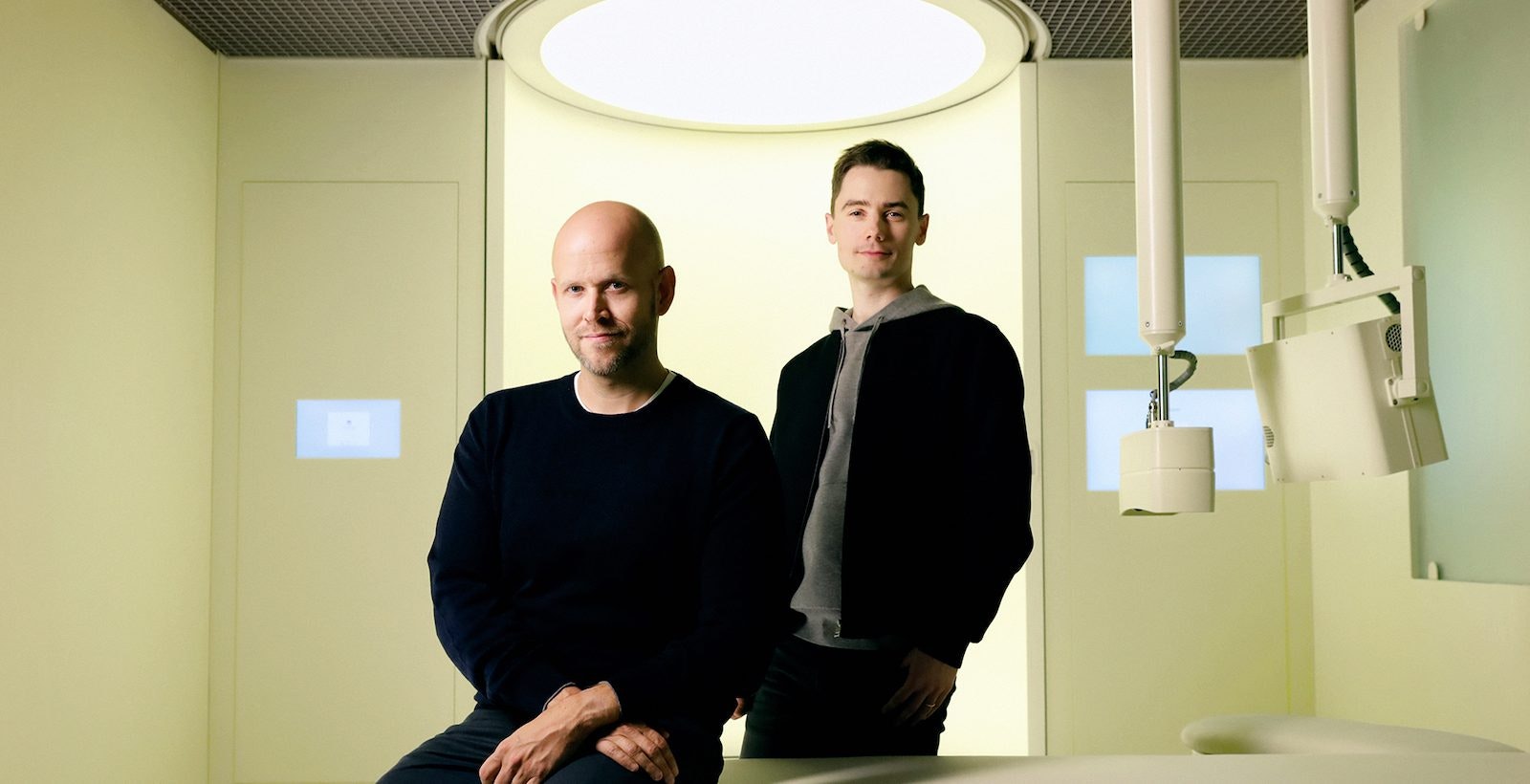It’s been a rocky 18 months for telehealth scaleup Babylon — once a darling of the UK tech scene. But things look especially dire right now.
After the collapse of a hail-mary merger with a Swiss company, MindMaze, this week, the heavily indebted Babylon is teetering on the brink of bankruptcy. It abruptly shuttered its US business on Monday — where it generated the vast majority of its revenue — letting go of most of its staff and terminating clinicians' relationships with patients.
Its debt funder, AlbaCore Capital, is now hunting for a buyer for Babylon’s UK business. The clock is ticking, and other healthtech founders and operators say that the transaction will likely take less than a month.
But who might open their wallets for the beleaguered healthtech?
What Babylon has to sell
Babylon’s UK business includes a contract with private healthcare giant Bupa, which allows its 2m UK-based members to access Babylon’s digital platform, and an NHS GP service covering more than 100k patients in London, according to the company’s annual accounts for 2022. Those two businesses brought in £41m in revenue in 2022, 3.7% of Babylon’s total revenue.
There could be value in acquiring these contracts for the partner and network relationships that come with them, a number of founders and investors tell Sifted.
Babylon is also looking to sell its proprietary tech stack, which powers some decision-making tools for clinicians — like suggesting treatment pathways — as well as a symptom checker and chatbot. While the accuracy of its AI-powered symptom tracker has been subject to criticism, it could be a valuable asset for an incumbent provider looking to get more tech-savvy.
Babylon said in a statement that it expects the funds raised from the sale of the company’s UK business and its US-based independent doctors network Meritage — which it has been trying to sell for around $120m for the past year — to fall short of the more than $300m it still owes to AlbaCore. That means equity holders won’t get any returns from a sale.
Babylon says its UK clinical operations are profitable — which it's calculated by subtracting the cost of the medical professionals from how much it gets paid for each patient — but its UK business as a whole is not, with considerable overheads like running facilities and its tech stack. Potential buyers will have to ask themselves if they feel they can go where Babylon hasn't and turn the company into a viable profit-making business. Sifted has contacted all the companies named in this piece for comment.
Potential buyer 1: Insurance companies
Bupa is one company that investors, founders and healthtech experts tell Sifted could open its cheque book.
The private healthcare provider has been partnered with Babylon since 2015 and in 2022 extended the deal by a further three years. Bupa certainly has deep enough pockets — raking in £14bn in revenue in 2022 — and could be tempted to stump up the cash to buy a digital platform it’s been using for eight years.
Other private health insurers in the UK like Vitality Health also have the funds and could be tempted.
Potential buyer 2: Another scaleup
Alternatively, another scaleup could come knocking.
One floated by healthtech watchers is HealthHero, a European telemedicine company that has built a business out of acquiring other startups, buying up seven since launching in 2019. The company works with private and public health providers, and says it currently covers 35m patients across France, Germany, the UK and Ireland.
Another is home-based care platform Cera, which raised one of Europe’s biggest digital health rounds of 2022 last August. In a previous interview, the company told Sifted it was the largest privately held VC-backed healthtech in the UK by revenue.
One company that people said could have been a contender — Swedish telehealth scaleup Kry — says it's not considering the Babylon assets.
Potential buyer 3: Ali Parsa
Babylon’s founder and CEO may also be tempted to put in a bid for the company he founded back in 2013, some healthtech operators have predicted.
While Parsa is lauded among investors and founders as an excellent deal maker, it remains to be seen whether he has the funds to be able to buy his own business back off its creditors. It would also likely ruffle a number of shareholder feathers, who Babylon have said will not receive any proceeds from the sale. Sifted has contacted Parsa for comment.
What happens if Babylon doesn't find a buyer?
If talks fall through — again — the company says it will enter administration, where an independent administrator would take charge of selling Babylon’s remaining assets for parts.
It’s unclear what would happen to Babylon’s 100k NHS patients if the company was unable to continue operating — a possibility Babylon warned of in a company statement on Monday. Sifted has contacted NHS England for comment.


